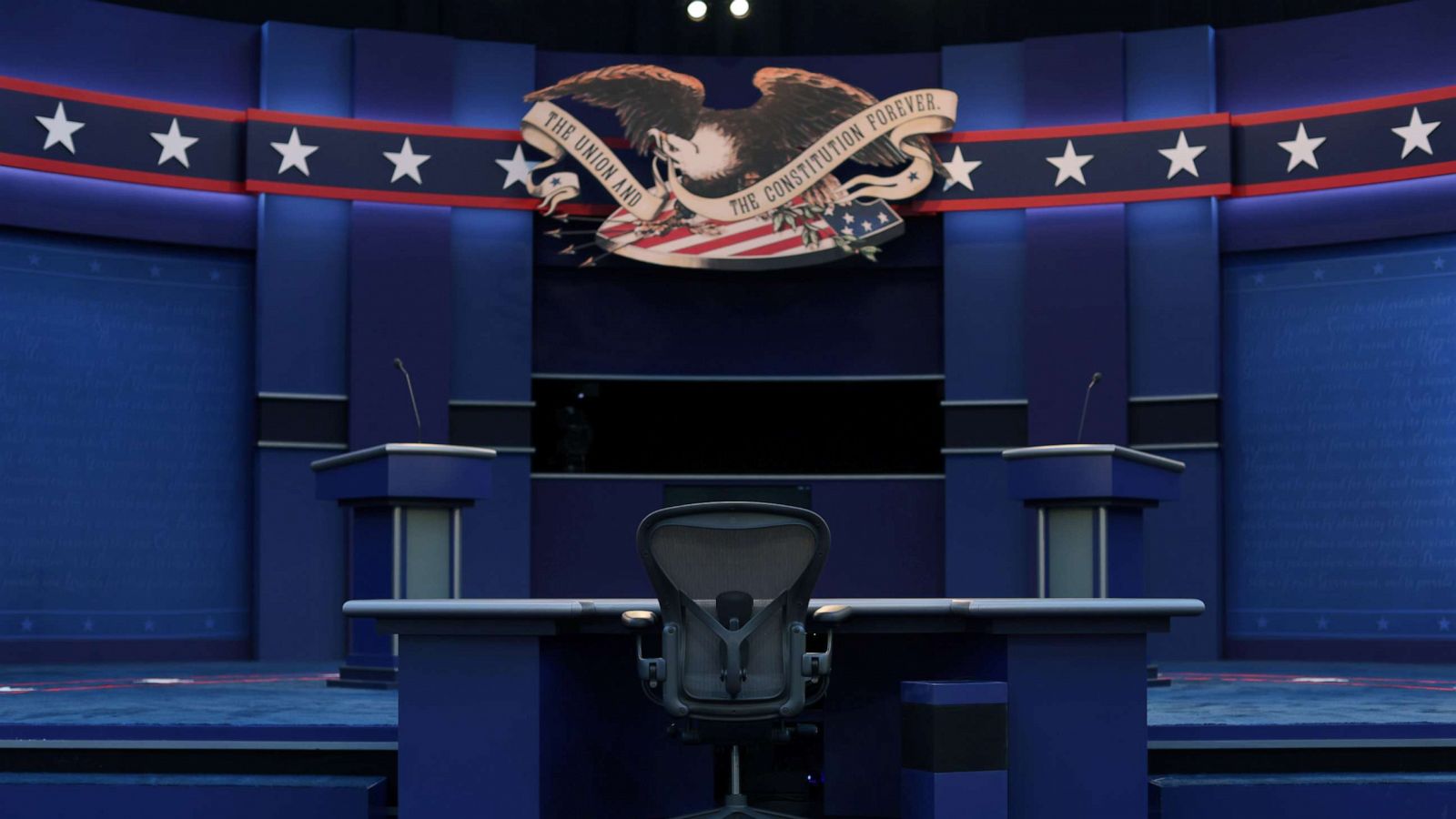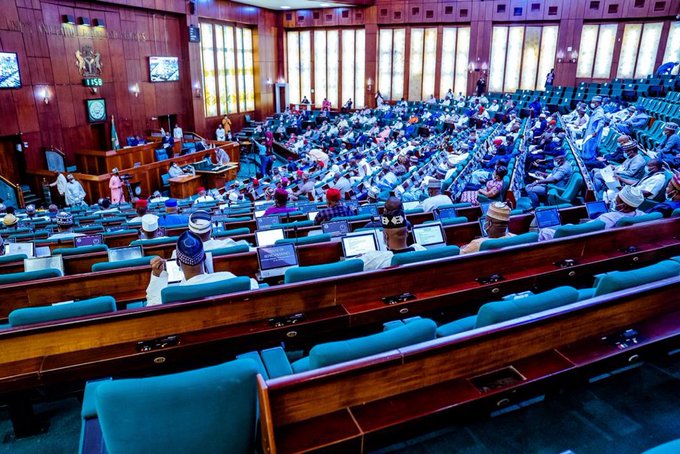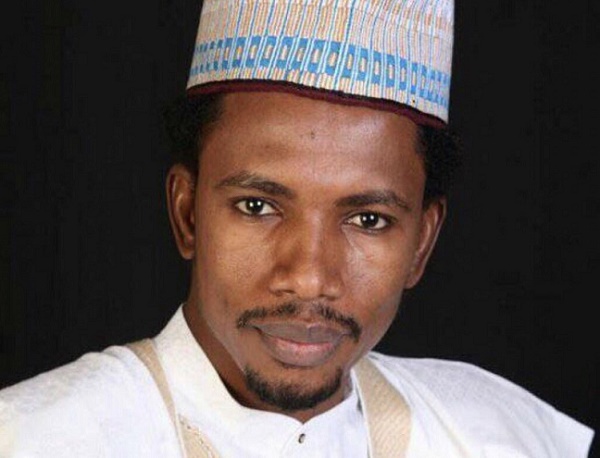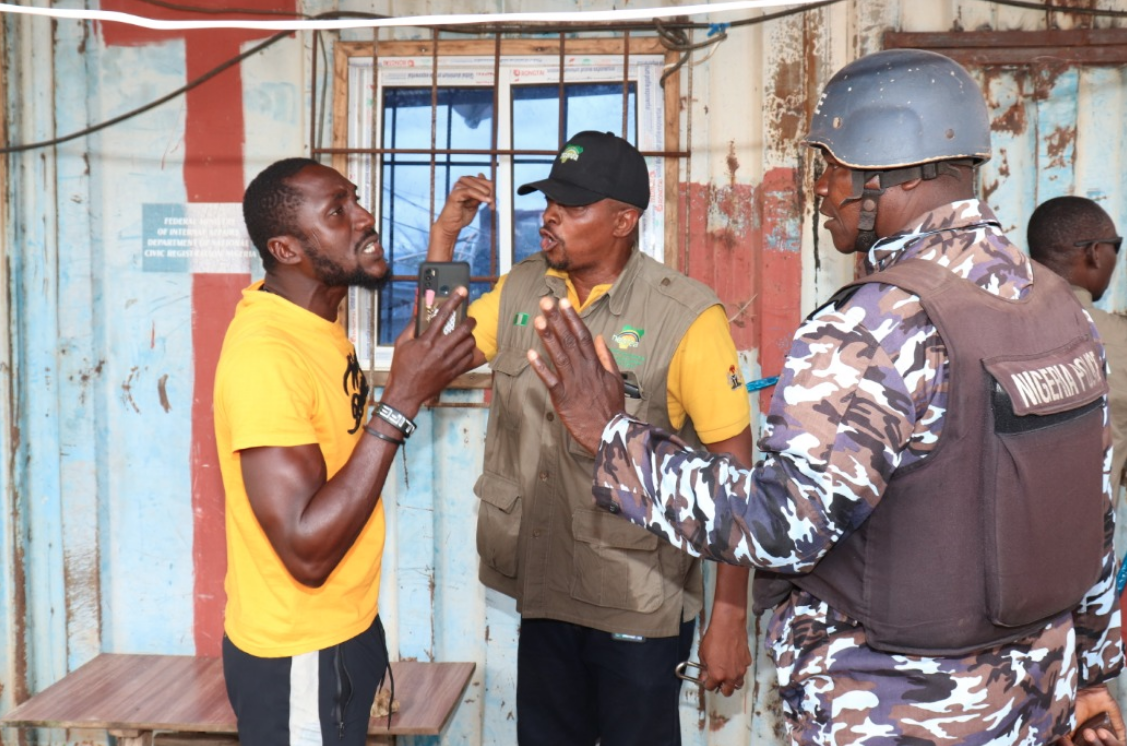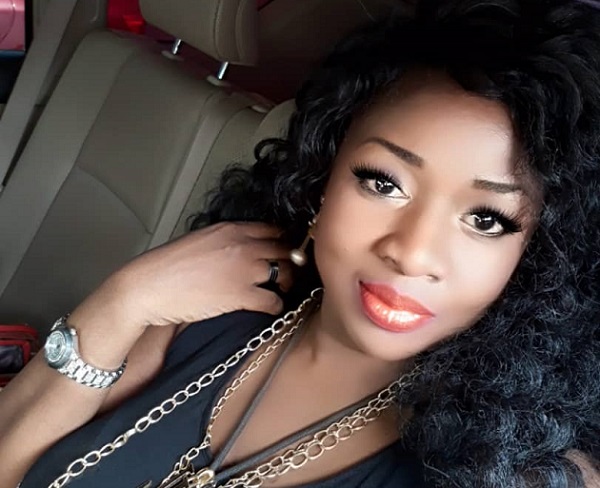President Donald Trump and his prime challenger, Joe Biden, former vice-president of the United States, will be having a face-off in their first 2020 presidential election debate on Tuesday.
The debate, which will be held at Case Western Reserve University in Cleveland, Ohio, is expected to last the length of a football match — 90 minutes. Unlike soccer, there will be no commercial breaks.
The Trump-Biden face-off will start at 9pm Eastern Time in the US on Tuesday. This is the same as 2am on Wednesday in Nigeria. It would run through 3:30am Nigerian time.
You can watch the debate on major American TV channels or via the YouTube channel of a non-profit bipartisan cable channel, C-SPAN.
Advertisement
Moderator and Issues: The debate will be moderated by Chris Wallace, a Fox News anchor with over 50 years of experience around the political reporting space.
Since 2003, Wallace has been the host of Fox News on Sunday — and has been praised for his interviews with Barack Obama, Vladimir Putin, and most recently, Donald Trump.
The 72-year-old moderated the final debate between Trump and Hilary Clinton during the 2016 presidential debates cycle. He became the first Fox News journalist to moderate a presidential debate.
Advertisement
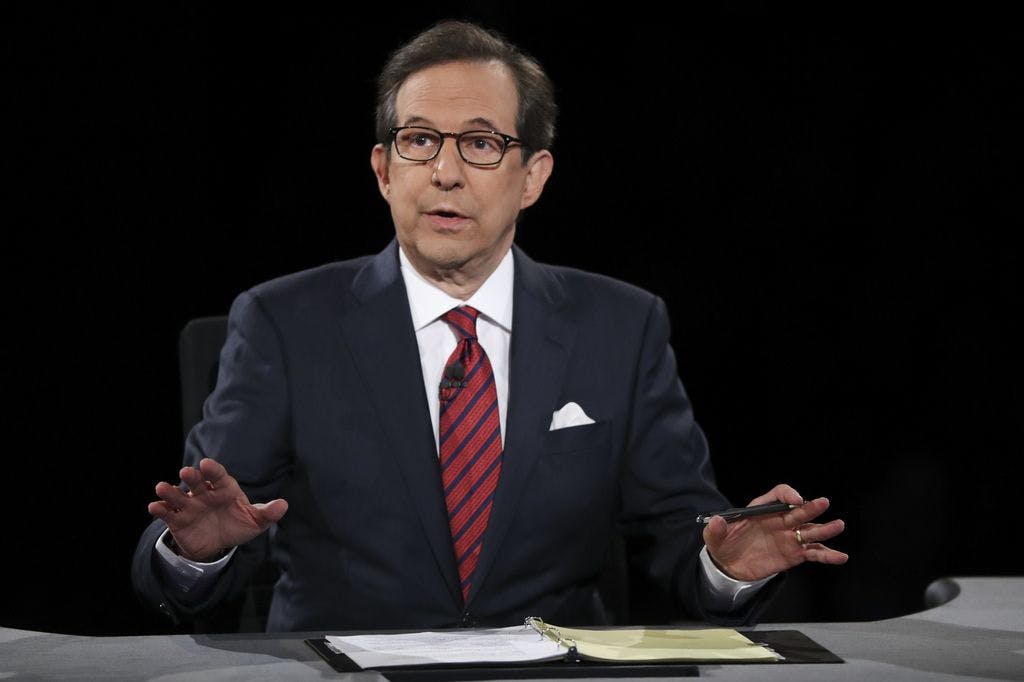
Wallace has independently hand-picked six issues that would be discussed for 15 minutes each. They are:
- Trump and Biden’s records as president and vice-president.
- COVID-19.
- The supreme court.
- The economy.
- Race and violence in US cities.
- The integrity of US elections.
QUICK FACT: As a result of COVID-19, there will be no handshakes at Tuesday’s debate.
HISTORY OF US PRESIDENTIAL DEBATES
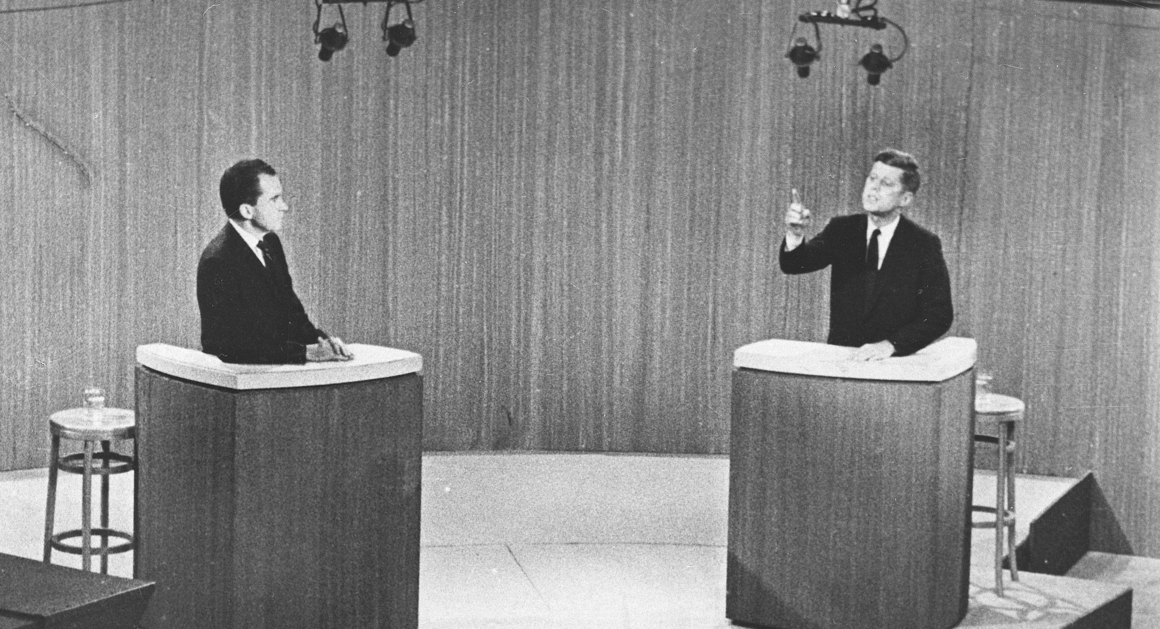
Televised presidential debates started in the United States in 1960 Richard Nixon and John F. Kennedy. Nixon lost the election and blamed part of that loss on the debate. He refused to debate in 1968 and 1972. He won both elections — without the debates.
Mitchell Mckinney, an international expert on presidential debates, said “there is no election law, there is no requirement that candidates have to debate”.
Advertisement
“Debates have just become campaign traditions since 1976, and sometimes candidates have refused. Jimmy Carter refused until just nine days to his election with Ronald Reagan.”
The Commission on Presidential Debates (CPD), a nonprofit corporation established in 1987 under the joint sponsorship of the Democratic and Republican parties, are responsible for the debates in the United States.
Most of the debates held before 1987 were organised by the League of Women Voters, a civic organisation founded in 1920 for women’s electoral rights.
TWO RECORD-BREAKERS GO TOE-TO-TOE

Biden and Trump hold individual records for the most-watched debates in the history of the United States. In the first Trump-Clinton debate of 2016, the US recorded the largest viewing audience of any televised debate in the country’s history.
Advertisement
About 84 million people saw the debate.
In 2008, Biden also broke a record when his vice-presidential debate became the first one in US history to enjoy more viewership than the actual presidential debate between Barack Obama and John McCain.
Advertisement
Biden debated Sarah Palin in a face-off seen by nearly 70 million people. The Obama-McCain debate had less than 64 million viewers at its peak.
UNIVERSITIES PUT IN MILLIONS OF DOLLARS TO HOST DEBATES
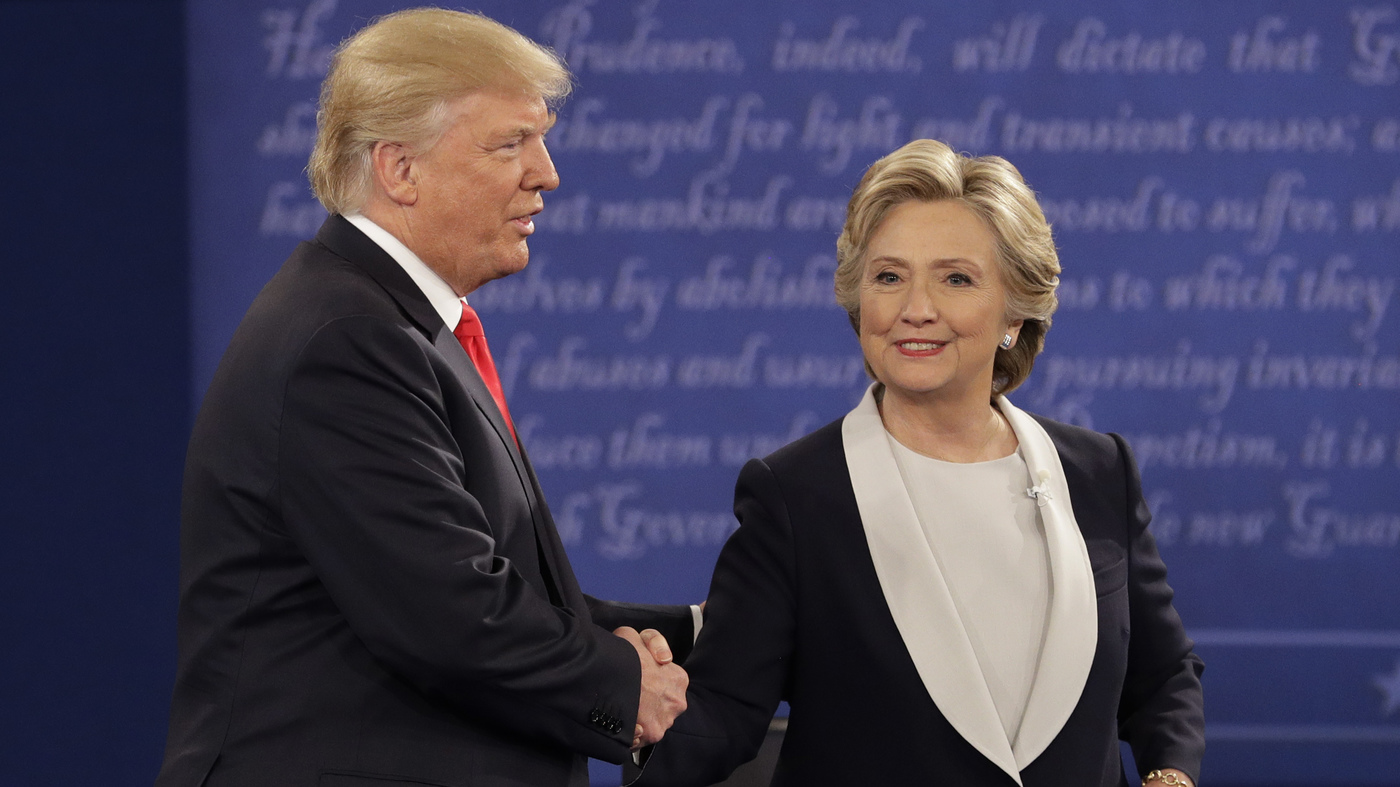
Most presidential debates are hosted by universities in battleground states. These universities are said to put in millions of dollars to secure a debate.
Advertisement
Mckinney, who has studied presidential debates since the 1980s, said the debates bring attention to the universities.
“The Commission on Presidential Debates often selects debate sites in battleground states, such as Ohio and Florida,” he said.
Advertisement
“There’s much greater attention on these states by the candidates, and therefore the candidates are eager to spend time in these states (taking part in a debate in the state makes it more convenient for candidates to host campaign rallies and otherwise campaign in the state).
“The CPD will also grant debates to universities who compete to host these debates and are willing to put up the several million dollars needed to secure a debate (such as Belmont University in Nashville, TN). A debate will bring a great deal of media attention to the host university”
Do Debates Matter?
There is no simple answer to this question, but experts believe that debates matter based on the existing situation of the country at every election year.
“Many historians and others argue that John Kennedy’s superior debate performance (over Richard Nixon) in 1960 contributed to his election (and the Kennedy-Nixon was a very close election decided by a small margin),” Mckinney argues.
“Ronald Reagan’s debate performance in 1980 was seen as very strong and allowed him to pull ahead of the incumbent president Jimmy Carter and go on to win by a rather wide margin.”
Research in the US has shown that 90 to 95 percent of all debate viewers have decided before the debate, and do not change their minds.
However, five percent of voters come undecided, and about three percent of them decide based on the debate — which favours the better performer. Therefore, when elections are very close, the five percent undecided can swing the elections.
Add a comment

